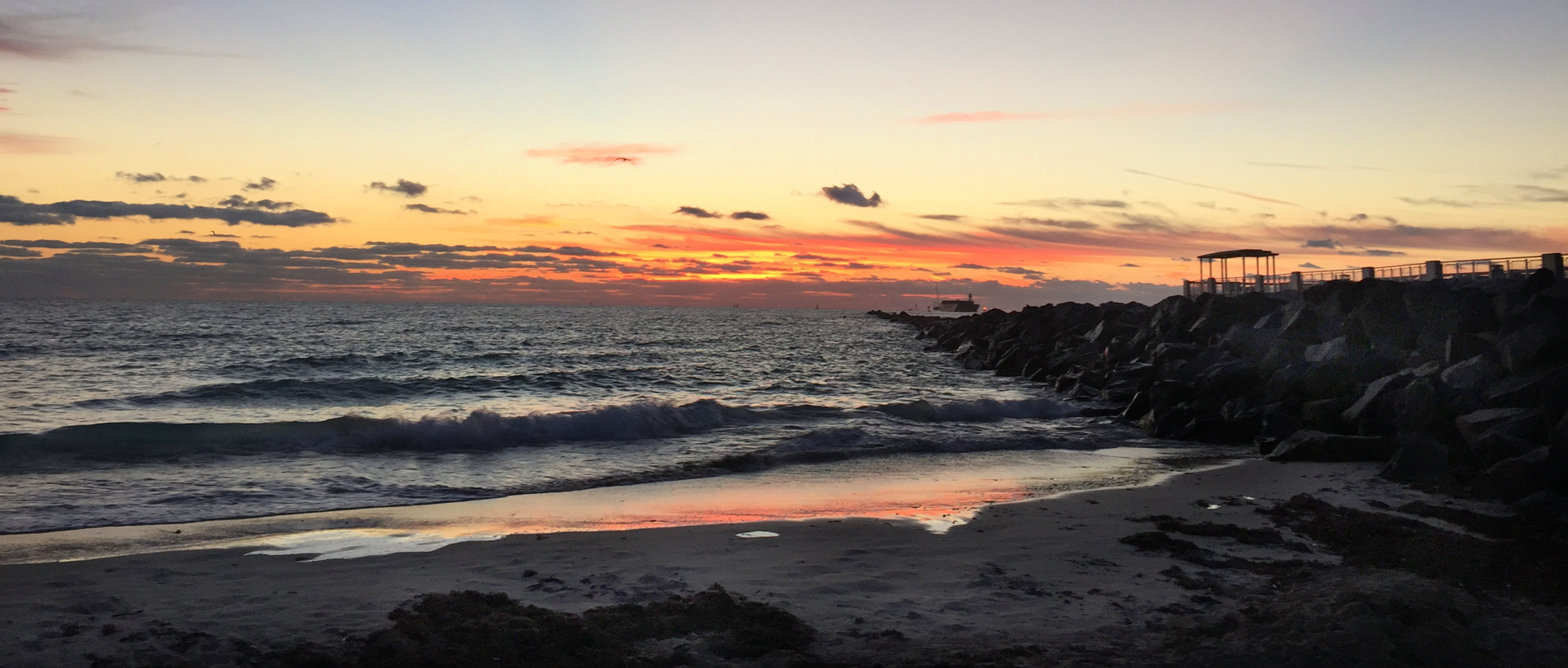
Global Impact Competition Miami taps two winners to address challenge of sea level rise
Regina Njima is manager of the Global Impact Competitions and admissions for the Graduate Studies Program at Singularity University. Photo above by Michael Bolden.
Sea level rise is an urgent problem facing South Florida, and we were proud to host the first Global Impact Competition-Miami seeking innovative solutions. Like our partners at Knight Foundation, who funded this initiative, we’re eager to move forward with next steps and help support good ideas.
The competition attracted applicants from across the United States. A panel of judges reviewed the ideas and eight finalists presented at the pitch event in Miami on May 18. Congratulations to all of them for their work, but we could select only two winners: Ana Benatuil and Carlos Tamayo will receive the prize to attend the 10-week Singularity University Graduate Studies Program at NASA Research Park in Silicon Valley from June 13 to Aug. 23, 2015.
Ana Benatuil’s project, “Cut Fill City,” consists of an urban master plan for incremental change over time. “Cut Fill City” proposes strategies on three different scales (regional, city and building), allowing for different municipalities and communities to implement these ideas according to their needs and capabilities. Ana believes that technology plays an important role in creating strategies to deal with sea level rise, from raising awareness to developing building systems that use water as a valued resource for energy generation, conservation and consumption.
Carlos Tamayo’s project focuses on a comprehensive assessment and modeling of dike-subsurface barrier systems. The coastal geology of Miami, where a highly porous limestone aquifer exists (Biscayne Aquifer), is one of the various settings for these systems. In addition to sea level rise and saltwater intrusion protection, this system is intended to provide effective protection against surge overflow and inland/coastal flooding by eliminating or minimizing the effects of groundwater flow through the limestone aquifer. Carlos believes the combination of dikes-subsurface barriers and cutting-edge software and hardware tools carries a unique opportunity to tackle two of the main issues currently occurring in South Florida providing effective protection against inland and coastal flooding as well as eliminating or minimizing the effects of groundwater flow.
Over the summer at Singularity University, the two winners will have an opportunity to learn and participate in team projects where they will apply accelerating technologies (artificial intelligence and robotics, biotechnology and bioinformatics, networks and computing systems, and nanotechnology and digital fabrication) to address humanitarian grand challenges (education, energy, environment, food, global health, poverty, security, space and water).
We look forward to working with and empowering them to develop solutions that could have a huge impact by benefiting a billion people in 10 years.
Recent Content
-
Communitiesarticle ·
-
Communitiesarticle ·
-
Communitiesarticle ·


